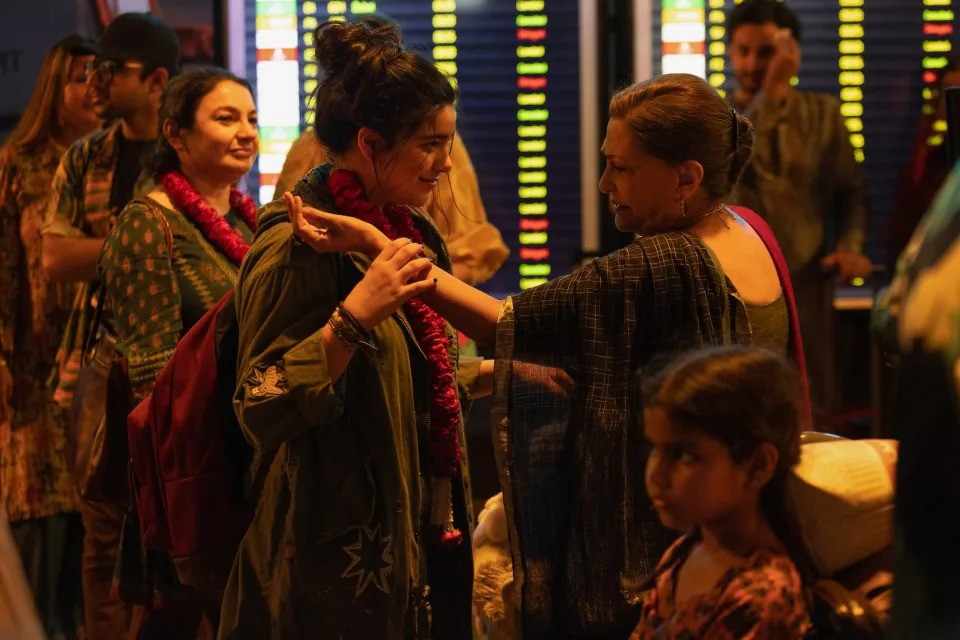
Ongoing MCU series Ms Marvel continues to be the talk of the town for all its cultural references, featuring of Pakistani actors, music, and bits and pieces of Karachi. The show, which has so far garnered a huge fan base, is on its way to becoming one of the most popular Marvel productions, particularly because of its representation of Muslims in a positive and heroic light.
But what’s caught many off-guard is its latest episode, which goes back in time to recreate the partition of the subcontinent to eventually hold the British responsible for creating the riff that led to the divide. While Marvel fans maintain that Ms Marvel has done justice to the story told, many social media users feel the episode leaves out key details, which led to the call for the formation of Pakistan. Users have questioned the “whitewashing” of “pre-partition crimes” that had nothing to do with the British but may have served as a catalyst for what followed.
Directed by our very own Oscar-winning filmmaker, Sharmeen Obaid-Chinoy, the fourth episode sees Kamala Khan aka Ms Marvel, landing in Karachi to meet her grandmother, Sana, essayed by Pakistani veteran Samina Ahmed, who goes on to narrate the events of partition while detailing the story of Kamala’s ancestors, one of whom is revealed to be Fawad Khan.
Ahmed’s character goes on to say, “My passport is Pakistani, my roots are in India. And in between all of this, there is a border marked with blood and pain. People are claiming their identity based on an idea some English man had.”
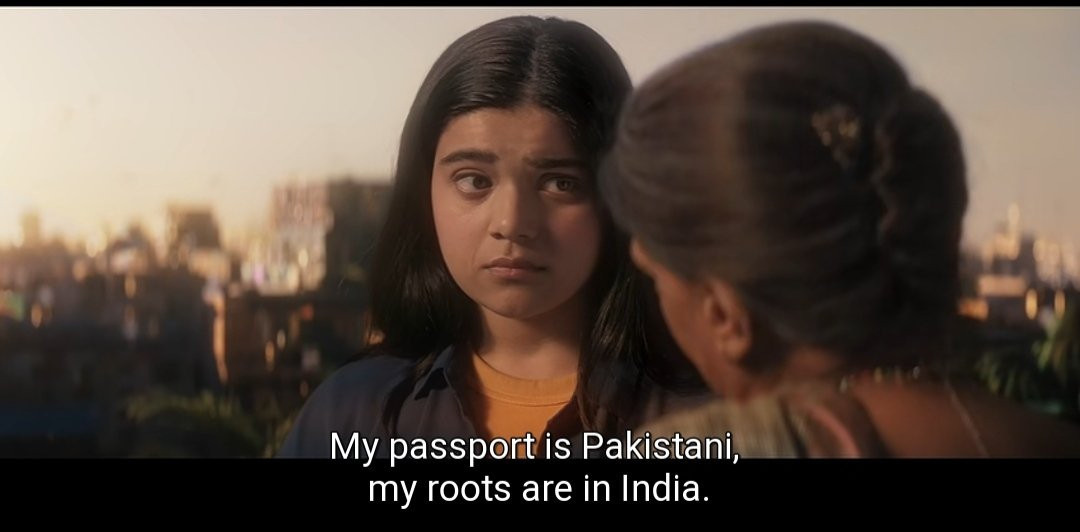
Sharing screengrabs from the moment in the show, a user tweeted, “I will raise my kids and grandkids with a strong sense of two nation theory and Pakistan’s ideology. I will pour down their chests the pre-independence stories my nani narrated to me. We can't let Ms Marvel teach our new generation the Indian garbage propaganda narrative (forced partition).”
I will raise my kids and grandkids with strong sense of 2 Nation theory & 🇵🇰Ideology. Will pour down their chests the pre independence stories my nani narrated to me.We can't let #MsMarvel to teach our new generation the Indian g@rbage prōpàgánda narrative (forced partition). pic.twitter.com/VIgq9Tee5V
— Urvā Ākrām 💜🇵🇰 (@UrvaAK_) June 29, 2022
Another discredited the depiction and consecutive history on display by suggesting that “Whitewashing the crimes of pre-partition Hindu supremacist, undermining years of struggle for freedom of Muslims in the subcontinent, undermining 1857 revolt, Khilafat Movement and the Two Nation Theory, that's not how Pakistanis view partition.”
To end this, I believe that the show is great, but is preaching psuedo-history. It wasn't the English that forced partition, it was hindu extremisim and it shouldn't be causally ignored. Partition was ugly, but for the muslims it was either oppression or Independence. #MsMarvel
— جعفر. | .Jaffar (@jaff1r) June 29, 2022
One more commented, “Is Ms Marvel sparking debates about partition? As much as I enjoy Pakistani nationalists throwing a fit, I wish Marvel or any of these superhero franchises for once focus on the genocidal founding of the US and its continued imperialism.”
Is Ms. Marvel sparking debates about Partition? As much as I enjoy Pak nationalists throwing a fit, I wish Marvel or any of these superhero shows would for once focus on the genocidal founding of the US and its continued imperialism.
— Arsalan Khan (@akkhan81) June 30, 2022
A user even claimed the show “is great,” but is preaching a “psuedo-history”. “It wasn't the English that forced partition, it was Hindu extremism and that shouldn't be causally ignored. Partition was ugly, but for Muslims it was either oppression or Independence.”
Several, however, also expressed their gratitude to Marvel for attempting to voice the generational trauma that followed the horrors of 1947. “Kamala's Nani described the Partition of India perfectly. It's not just a significant historical event in world history. The long-lasting horrific memories of that experience still terrorize millions of South Asians to this date,” tweeted a user.
#MsMarvel spoilers
— Swarna | exams era (@kidofmisfortune) June 29, 2022
-
-
-
-
-
-
-
-
-
-
Kamala's Nani described the Partition of India perfectly. It's not just a significant historical event in world history. The long lasting horrific memories of that experience still terrorize millions of South Asians to this date pic.twitter.com/kwB3BfykZp
“People displaced and killed, women raped and children slaughtered, millions don't even make it to their destination, a mass genocide occurring in between two nations. This was the Partition of India,” they added.
One more argued, “The fact that some of you are still hung up on some stupid power change rather than about the partition, one of the largest refugee crisis in history, being shown at such a scale and in mainstream probably for the first time, needs to be talked about.”
The fact that some of y'all are still hung up on some stupid power change rather than about the Partition, one of the largest refugee crisis in history, being shown at such a scale and in mainstream probably for the first time. It needs to be talked about more. #MsMarvel pic.twitter.com/V11FTNJIJQ
— kaeden 🌈 (@wandasitcoms) June 29, 2022
Sharing screengrabs of the gut-wrenching scene at the train station in 1947 that sees millions parting from their families, and homeland, a user tweeted, “The scenes of the partition in Ms Marvel today were so chilling and are very real. Those memories have been told through generations. I’m glad they’re not shying away from these stories.”
Another shared, “Today’s episode of Ms Marvel gave me goosebumps. My ancestors have been through the 1947 partition and it was the most traumatizing journey of their lives.”
today’s episode of Ms Marvel gave me goosebumps. My ancestors have been through the 1947 partition and it was the most traumatizing journey of their lives.
— Tehremy 🐝 (@Tehremy_) June 30, 2022
The head writer for Ms Marvel, Bisha K Ali, even recommended books narrating the events that led up to the partition, perhaps in a subtle response to the backlash. “We are moved to see so many of you asking questions about Partition as a result of Ms Marvel and I wanted to share a (starter!) reading list for those who might want to explore more. Feel free to send us recommendations you’d like added,” she tweeted.
We are moved to see so many of you asking questions about Partition as a result of Ms Marvel. @asgharthegrouch and I wanted to share a (starter!) reading list for those who might want to explore more. Feel free to send us recommendations you’d like added.https://t.co/zg7s7M4SS5
— Bisha K. Ali (@bishakali) June 30, 2022
Obaid Chinoy, on the other hand, who’s been collecting stories from people who lived through the partition for 15 years, in an exclusive interview with Popsugar, shared that “because Marvel brought so many authentic storytellers through the mix, not just in front of the camera, but also behind the camera, this story is being told in the most authentic way that it could have been. Identities [of people who survived the partition] are fractured because a part of them grew up in another country that they no longer have a connection to.”
It is also pertinent to mention here that episode four of Ms Marvel is not meant to serve as a history lesson, rather, it is meant to narrate the story of Kamala’s grandparents to understand better where she and her powers come from.
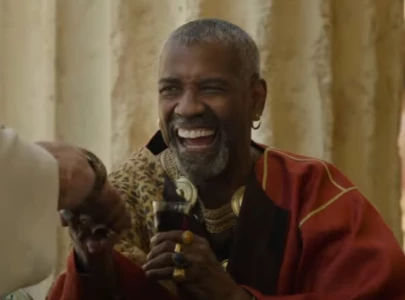




-(1)1730443275-0/Copy-of-Untitled-(60)-(1)1730443275-0-270x192.webp)
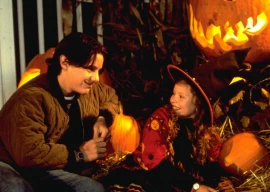
1730095495-1/WhatsApp-Image-2024-10-28-at-11-04-18-(1)1730095495-1-270x192.webp)
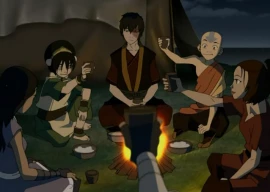








COMMENTS (1)
Comments are moderated and generally will be posted if they are on-topic and not abusive.
For more information, please see our Comments FAQ